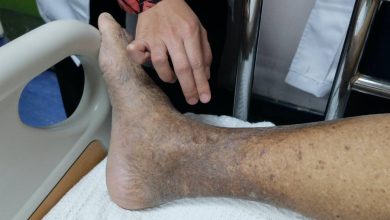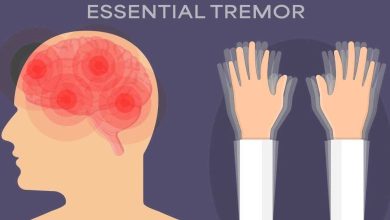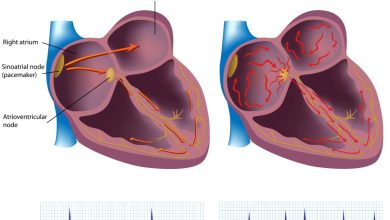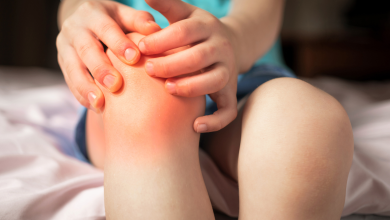Malaria Symptoms, Causes, Diagnosis and Treatment

What Is Malaria?
It is a disease triggered by a parasite, which is transmitted through an infected mosquito’s bite. The disease produces repeated attacks of fever and chills. Every year, around 1 million individuals lose their lives because of malaria, across the globe. Malaria is rarely reported in temperate climate, though is common in subtropical and tropical countries.
World health officials are working hard to minimize the occurrence of disease by delivering bed nets. Moreover, for its prevention, development of malaria vaccine is in progress.
What Are The Symptoms Of Malaria?
Few common symptoms of malaria include:
- Jaundice.
- Headache.
- Fever.
- Convulsion.
- Coma.
- Chills.
- Bloody stools.
- Anemia.
- Muscle pain.
- Vomiting.
- Sweating.
- Nausea.
When Is The Right Time To Seek Medical Assistance?
Do not delay to call up for an appointment with your doctor in case you have recently visited the tropics and have developed headache and fever.
What Causes Malaria?
It is triggered by a type of parasite which is transmitted through the bite of an infected mosquito. Have a quick look to the cycle of mosquito transmission:
1. An uninfected mosquito becomes infected when it feeds on an individual with malaria.
2. It then bites a healthy person, transmitting the parasites of malaria to him or her.
3. Then the parasites move to the liver, a place where these parasites can lie dormant.
4. These parasites leave the liver when they mature.
5. They then target the red blood cells and infect them. At this point, symptoms of malaria tend to develop.
6. Now, if an uninfected mosquito feeds on the same person, it can become infected.
Few other means of transmission include:
As the parasites responsible for triggering malaria infect the red blood cells, individuals may also contract the disease from infected blood exposure; for example:
- By means of blood transfusions.
- Sharing needles that are used for injecting drugs.
- From a pregnant mother to her unborn child.
What Are The Possible Complications Of Malaria?
A number of complications malaria can lead are:
- Pulmonary edema.
- Hemorrhage.
- Meningitis.
- Kidney failure.
- Hemolytic anemia.
- Cerebritis.
How Is Malaria Diagnosed?
During your visit, the doctor will ask questions related to your symptoms. In case of doubt, he will then inquire regarding the places you have recently visited. The doctor will then conduct a blood test that may reveal the existence of parasite.
How Is Malaria Treated?
Clearly, the type of medicines, plus the duration of treatment tends to vary, depending upon the following factors:
- Which kind of malaria parasite the patient has.
- Severity of the symptoms.
- Age of the patient.
- Whether the patient is pregnant.
After determining the above mentioned factors, the doctor will prepare a treatment plan which may include the following antimalarial drugs:
- Mefloquine.
- Hydroxychloroquine (plaquenil).
- Quinine sulfate (Qualaquin).
- Chloroquine (Aralen).
- Combination of proguanil (malarone) and atoyaquone.
Prevention:
Reducing your exposure to mosquitoes can help you prevent malaria, simply:
- Sleep under a bed net.
- Spray your skin (containing DEET) and clothing (containing permethrin).
- Spraying home with insecticide.
By : Natural Health News




